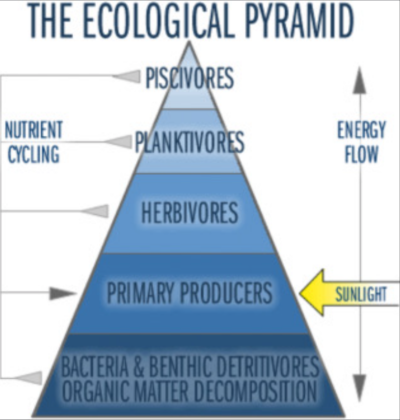- Joined
- Sep 3, 2017
- Messages
- 56
- Reaction score
- 34
It seems like whenever someone has an algae issue the first thing that is asked are "What are your nitrate and phosphate levels?" When I had trouble with hair algae on the rocks my nitrates were under 10 and my phosphate weren't detectable on a salifert test kit. The first response to that is "Well, obviously you don't actually have low nutrients, the algae is just consuming it so it doesnt show up on test kit". I found the last statement to be not accurate at all in my experience. My acros were pale as is, I didn't need to further drop my nutrients through water changes or phosphate media. All I needed to do was add more alot more snails (my tank is only 50 gallons so tangs out not an option). After about 2 months of adding about 10 turbo snails to the existing populations (probably had 3 large turbos and 4 large trochus before the addition) there is literally no algae present and it even seems as though algae is growing at a slower pace, for example its takes a few days for a film algae to develop on the glass and before it was every day.
In conclusion, trying to drop your nutrients when you have an algae problem can actually kill your corals from starvation and the biggest contributing factor for algae is the lack of CUC.
One other thing to add is my tank has been setup for six years and I have about 40 pounds of well established live rock in the display and sump combined.
In conclusion, trying to drop your nutrients when you have an algae problem can actually kill your corals from starvation and the biggest contributing factor for algae is the lack of CUC.
One other thing to add is my tank has been setup for six years and I have about 40 pounds of well established live rock in the display and sump combined.

















